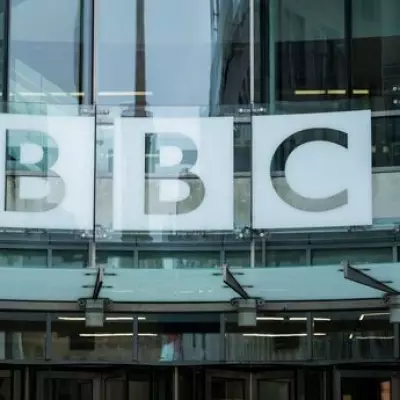
In a stunning breach of broadcast ethics, Australian radio presenter and reality TV star Abbie Chatfield has ignited a firestorm by deliberately revealing the private mobile number of prominent American right-wing commentator Charlie Kirk live on air.
The controversial incident occurred during her Hot Nights show on the Hit Network, sending shockwaves through media circles and triggering a fierce debate about privacy, accountability, and the responsibilities of public figures.
The On-Air Revelation
Chatfield, known for her outspoken views, read Kirk's personal number aloud to her audience after apparently obtaining it from a producer. The disclosure came during a segment where she discussed Kirk's controversial opinions, particularly his views on climate change and gender issues.
"I have Charlie Kirk's number, by the way," Chatfield announced before proceeding to recite the digits twice to ensure listeners could note them down. The move was reportedly in response to Kirk's organization, Turning Point USA, previously publishing contact information for university professors they disagreed with.
Immediate Backlash and Justification
The reaction was swift and severe. Media ethics experts condemned the act as dangerous and unprofessional, while listeners expressed outrage at the blatant invasion of privacy.
Chatfield defended her actions on social media, writing: "If you're upset about me reading out a phone number of someone who doxxes people for a living, maybe you should be more upset that he doxxes people for a living."
She further justified the move by stating Kirk's organization had created a "Professor Watchlist" targeting academics, suggesting her actions were a form of retaliatory justice.
Ethical Lines Crossed
Media standards authorities have been flooded with complaints about the incident. Broadcasting guidelines explicitly prohibit the sharing of private personal information without consent, regardless of the target's public profile or previous actions.
Security experts have warned that such actions can have serious real-world consequences, potentially exposing individuals to harassment, threats, and security risks far beyond the intended target if the number gets reassigned.
Broader Implications
This incident raises troubling questions about the escalating tactics in ideological conflicts. The normalization of doxxing as a weapon in cultural battles represents a dangerous erosion of digital ethics and personal privacy boundaries.
As public figures increasingly become targets in online warfare, this case serves as a stark reminder of the fine line between holding people accountable and engaging in potentially harmful behaviour that undermines the very principles of ethical journalism and public discourse.





